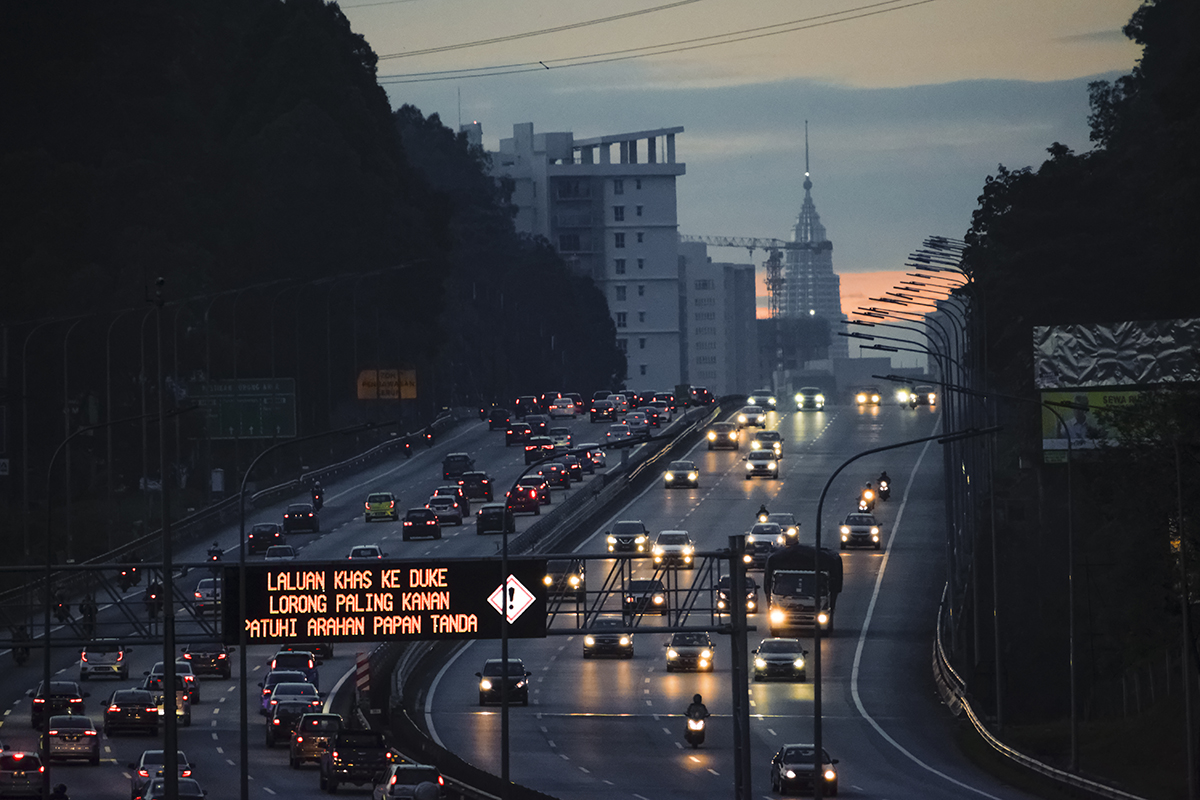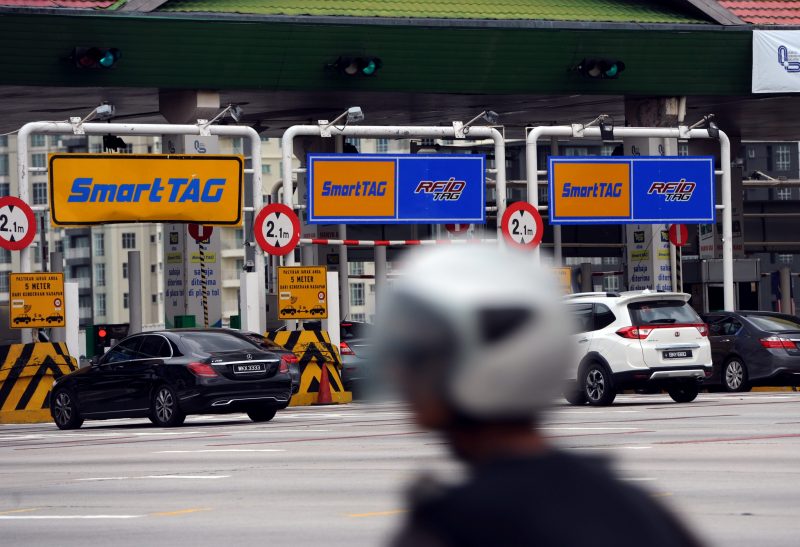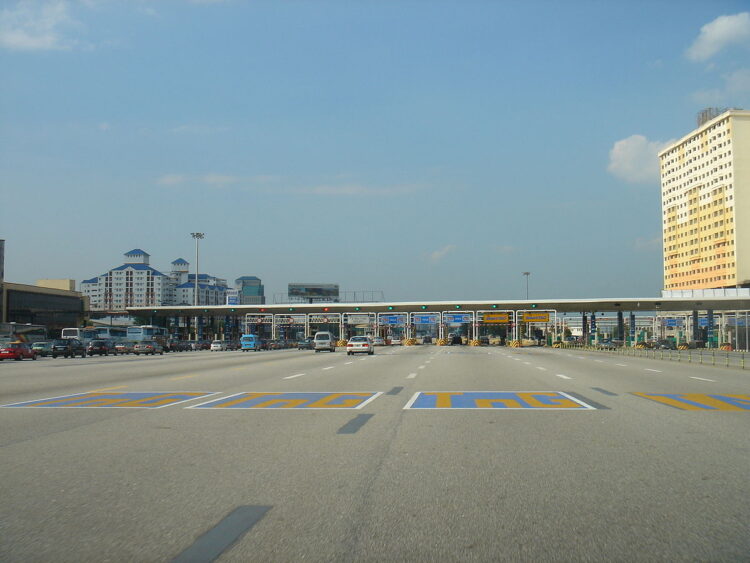The Works Ministry Secretary-General, Datuk Seri Azman Ibrahim, has announced that the Multi-Lane Free Flow (MLFF) toll collection system is expected to be implemented by 2027. He noted that the project involves several critical phases, including stakeholder engagement, a potential request for proposal (RFP) from highway concessionaires, and the establishment of a regulatory body under the Malaysian Highway Authority to oversee the system. Earlier in May, Azman shared that the Works Ministry has already planned out the main rules and requirements needed to roll out the MLFF toll system smoothly and consistently.
Meanwhile, the Ministry of Works is reportedly proposing to allow highway concessionaires to implement the Multi-Lane Free Flow (MLFF) toll collection system through a business-to-business (B2B) model, according to the latest report by the Public Accounts Committee (PAC). According to Azman, through this B2B model the highway companies are allowed to collaborate with any firm and propose to carry out the project.
“We are proposing a B2B approach, and it will be up to the concessionaires. Whether they choose to appoint a company directly or collaborate with others, it is entirely their decision,” he said. “They could even set up a special purpose vehicle (SPV) to help implement the project — there are many options. We will leave it to the concessionaires to decide.”

This B2B approach was introduced following the failure of KJS-SEP Synergy to reach an agreement with highway concessionaires by 16 December 2024, due to resistance from the industry. The company was initially appointed to develop a proposal for a barrierless toll system across 33 highways nationwide.
Nevertheless, Azman noted that the MLFF implementation must be done without any government involvement. He also emphasised that there must be no increase in toll rates as a result of the MLFF implementation.

Azman added that new regulations are needed to support and oversee the MLFF system. “Although we already have an existing Act, we still need to formulate specific regulations under it,” he said.
The idea of implementing a barrierless toll collection system in Malaysia dates back nearly two decades, first proposed by the late Tun S. Samy Vellu during his tenure as Works Minister in the mid-2000s. Currently, the MLFF system is estimated to cost over RM3 billion.


